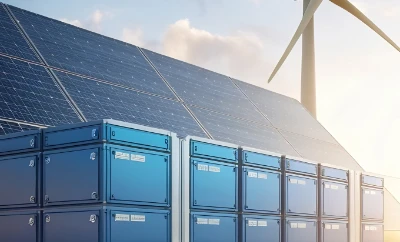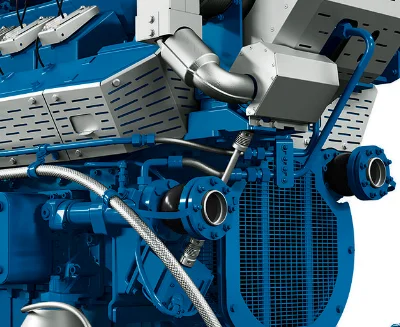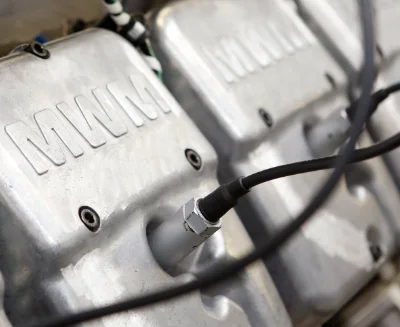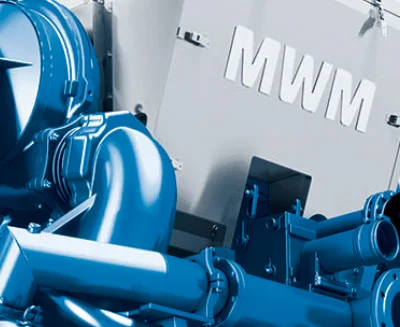Energy Transition
We Work with you to Implement Progressive and Future-Oriented Energy Solutions.

The energy transition requires not only increased use of renewable energies, but also more efficient use of existing technologies.
This is where CHP plants with gas engines come in: These units enable reliable, efficient, and low-emission energy generation.
Efficient Energy Generation With a Responsible Use of Resources
Technologies such as combined heat and power (CHP) plants and gas engines play an important role in the transition from energy generation based purely on fossil fuels to more sustainable, climate-friendly, and resource-saving energy supply. The combination of efficient energy generation, conservation of resources, and flexibility makes CHP plants with gas engines an important component of the global energy transition. This is because CHP systems use both the heat generated during power generation and the electricity produced, which greatly increases the plant’s total efficiency. In this way, the fuel is used more efficiently, resulting in lower fuel consumption.
Therefore, CHP plants are a key instrument for the energy transition, which aims to reduce greenhouse gas emissions and use energy efficiently. Besides enabling distributed energy generation, they contribute to the stability of the power grid.
Gas Engines as a Flexible and Efficient Technology Used Especially in CHP Plants
These engines generally use natural gas as fuel, and their operation releases lower emissions than conventional fossil-fuel power plants. A key benefit of gas engines is their ability to convert energy with a high degree of efficiency. In this way, they reduce the total amount of fuel required and contribute to the conservation of resources.
Operation With Hydrogen Admixtures of up to 25 vol%
An important aspect of using gas engines in the context of the energy transition is the possibility of running them with hydrogen admixtures. Hydrogen is considered to be one of the key energy sources of the future, as it does not produce any carbon emissions during combustion. MWM gas engines can already be operated with natural gas with a hydrogen admixture of up to 25 vol%. This admixture further reduces carbon emissions and is a significant step toward climate-neutral energy supply.
MWM Gas Engines: The Safe Way Into the Future
Reduction of Emissions
- Lower emissions compared to fossil fuels
- Hydrogen admixtures of up to 25 vol% for low-emission, efficient system operation
- Support and backing of solar and wind-based energy production
Improved Economic Efficiency
- Energy costs reduction through in-house energy supply
- Lower operating costs thanks to high efficiency and lower fuel consumption
- Long-term cost savings through potential government subsidies
Contribution to the Energy Transition
- Support of the energy transition through use of resource-saving gases in MWM CHP plants
- Optimum use of resources through use of existing fuels from waste, biogas plants, landfills, wastewater treatment plants
- Emissions reduction from energy generation












